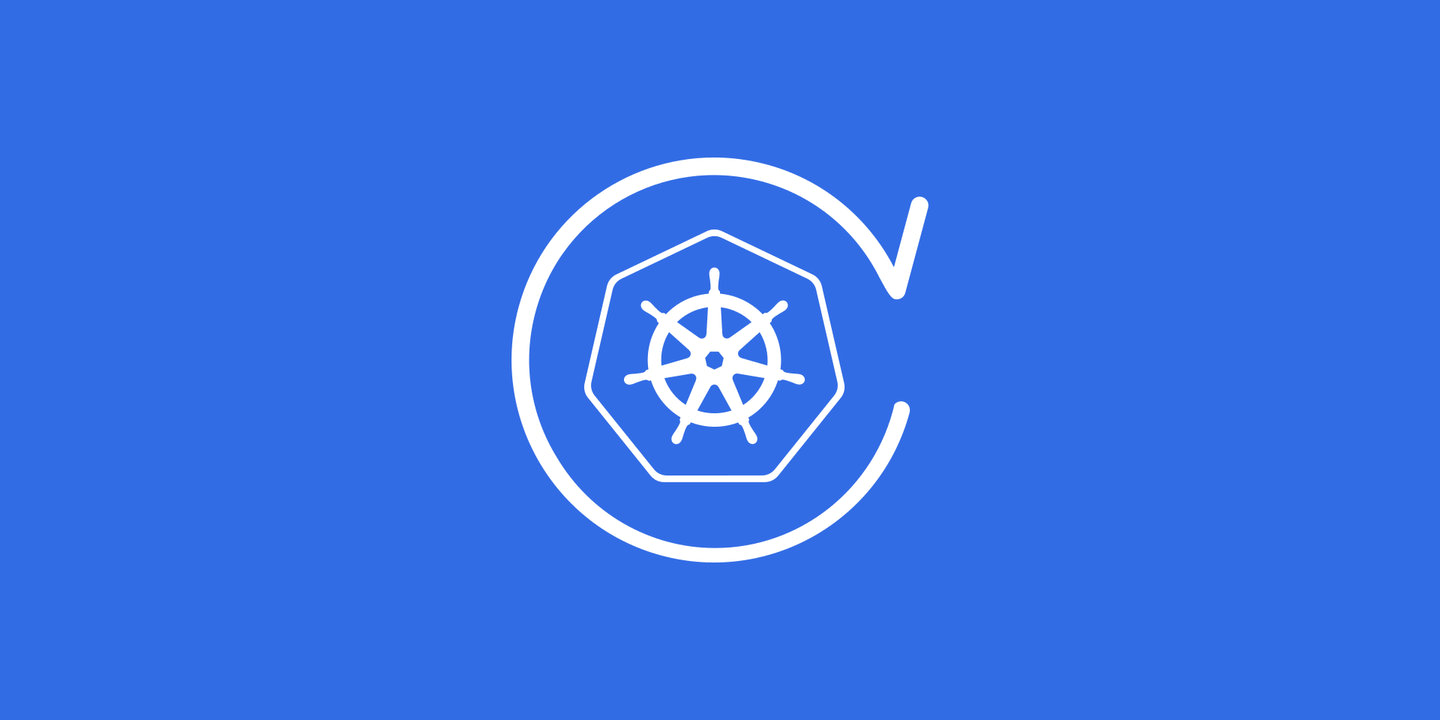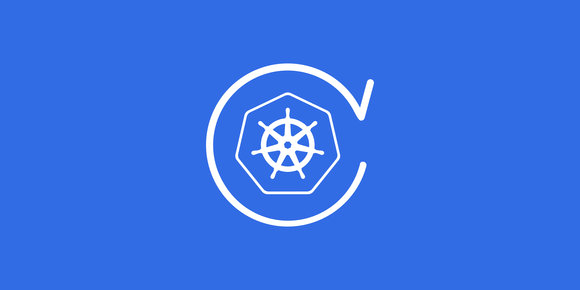
Restarting resources such as deployments in Kubernetes is a fairly common task, but before v1.15 it wasn't very straight-forward.
See "Restarting Resources in Kubernetes v1.15+" for a much simpler way to restart resources in Kubernetes v1.15+. v1.15 was released on Jun 19, 2019.

Restarting Resources in Kubernetes v1.15+
Jul 9, 2020 · 1 min read
Restarting resources such as deployments in Kubernetes is a fairly common task, and starting with Kubernetes v1.15 there's an easy command for it.
One way
One of the most common ways to restart resources you'll see online is to reduce a deployment's replica count to zero and then back up to its previous number. This isn't great for a number of reasons:
- At some point in time you will have zero replicas running, which might have drastic consequences in production.
- It may not respect your deployment strategy . This way of restarting is the same as the "recreate" deployment strategy, and that may not be desired.
- If you're using horizontal pod autoscaler it will likely fight you.
A better way
Editing a deployment's pod template will cause a rollout, so we can edit the template with a change that has no effect but will cause the rollout anyway. You only need to make a change to one container in the pod template in order to cause this.
One way of doing this is by adding/setting an environment variable such as LAST_MANUAL_RESTART with an ever-changing value such as the output from date +%s.
First, let's get the first container name in the pod template (replacing <DEPLOYMENT> with your deployment name):
kubectl get deployment --output=jsonpath="{.spec.template.spec.containers[*].name}" "<DEPLOYMENT>" | tr -s '[[:space:]]' '\n' | head -1Then we can patch the deployment to cause a rollout like this (still replacing <DEPLOYMENT> with your deployment name, and now also <CONTAINER> with the container name you just found):
kubectl patch deployment "<DEPLOYMENT>" --patch="{\"spec\":{\"template\":{\"spec\":{\"containers\":[{\"name\":\"<CONTAINER>\",\"env\":[{\"name\":\"LAST_MANUAL_RESTART\",\"value\":\"$(date +%s)\"}]}]}}}}"You can string those together and make yourself an alias such as:
# Reboot a Kubernetes deployment
# @param {string} $1 Deployment name
kreboot() {
CONTAINER=$(kubectl get deployment --output=jsonpath="{.spec.template.spec.containers[*].name}" "$1" | tr -s '[[:space:]]' '\n' | head -1)
kubectl patch deployment "$1" --patch="{\"spec\":{\"template\":{\"spec\":{\"containers\":[{\"name\":\"${CONTAINER}\",\"env\":[{\"name\":\"LAST_MANUAL_RESTART\",\"value\":\"$(date +%s)\"}]}]}}}}"
}Conclusion
I think this offers a much cleaner way to restart a deployment than strategies such as editing the replica count twice, but really you should just update past Kubernetes v1.15 as it's more than a year old and it'll give you access to kubectl rollout restart <resource>.




